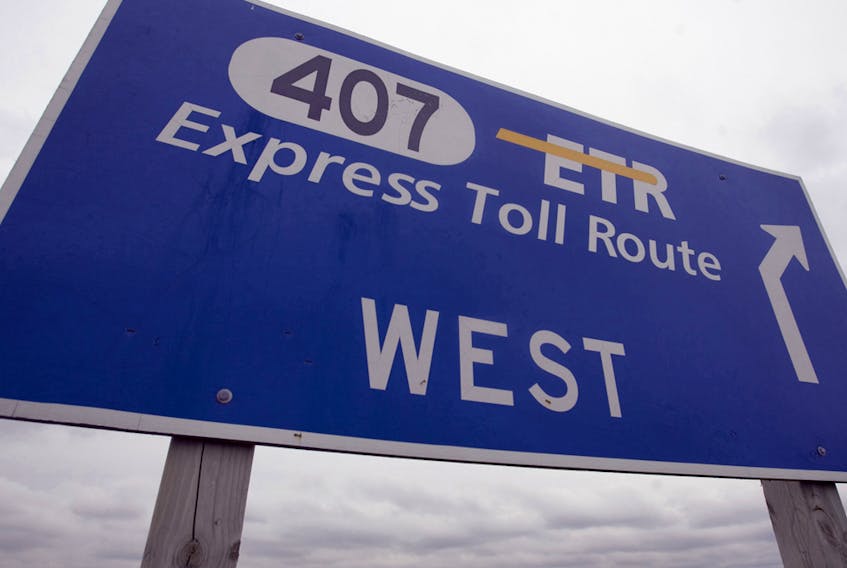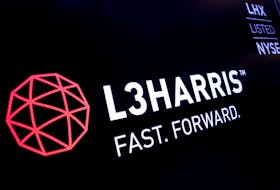Buyers are suddenly kicking the tires on the Highway 407 toll road in Ontario months after SNC-Lavalin Group Inc. announced it would sell part of its stake, but the Montreal-based engineering and construction giant stands to lose money from the wider interest.
SNC-Lavalin last week revealed that its proposed sale of 10.01 per cent of the 407 to the Ontario Municipal Employees Retirement System for $3.25 billion precludes the possibility of a bidding war, and also puts the company on the hook for a 2.5-per-cent break fee, around $75 to $80 million, if the deal falls apart.
The terms of the deal befuddled investors and analysts alike, and underscored how SNC-Lavalin’s debt has ballooned to threatening levels even though looming federal criminal charges have stolen most of the attention surrounding the company. As a result of its debt, SNC-Lavalin prioritized closing a sale to inject badly needed cash onto its balance sheet and pare what it owes to a more manageable level.
On an earnings call last Thursday, an analyst asked about the potential to receive higher bids on the 407.
“Contractually, there’s no possibility of that,” Sylvain Girard, chief financial officer of SNC-Lavalin said.
The analyst asked about higher bids a second time, and Girard repeated his answer. Earlier in the day, an investor had asked management the same question at the annual general meeting and received the same answer.
The company said the sale will close in June and the price would be about $3.25 billion.
The 407, which girdles the Greater Toronto Area, generated $41.9 million in cash for SNC in the first quarter of 2019, up 10 per cent from last year.
The Ontario provincial government built the highway in the 1990s to bypass Toronto to the north and help ease traffic through the city. In 1999, it leased the highway for 99 years for $3.1 billion to several private companies — one of the largest privatizations of public infrastructure at the time.
SNC-Lavalin currently owns 16.77 per cent of the 407 and proposed in April to sell 10.01 per cent to OMERS, with $3 billion due when the deal closes in June, and as much as $250 million in payments over the next decade depending on toll revenues.
But the road’s other owners, subsidiaries of Canada Pension Plan Investment Board and the Spanish firm Ferrovial SA, may exercise a right to match OMERS’ offer, which would force SNC-Lavalin to pay about $75 million to OMERS.
Either way, SNC-Lavalin’s chief executive Neil Bruce assured investors the sale would close in June, and provide enough cash to reduce the company’s recourse and limited recourse debt of roughly $3 billion, and make repayments of $600 million, $350 million and $150 million on three separate loans.
In February, S&P downgraded SNC-Lavalin’s credit rating to BBB-, and the company is operating at the edge of its loan covenants. Earlier this year, it negotiated to increase its allowable net recourse debt to EBITDA ratio to four, and it now stands at 3.9.
An unexpected problem with a mining project in Chile, a dearth of new work in Saudi Arabia, which had been a major market for the company, and weaker-than expected-performance from other sectors all contributed to the company’s woes.
“This sale better soon close, or else the Canadian E&C giant will have to answer to its bankers once again,” Frederic Bastien, a Raymond James analyst, said in a note earlier this month.
Financial Post
• Email: [email protected] | Twitter: GabeFriedz
Copyright Postmedia Network Inc., 2019









